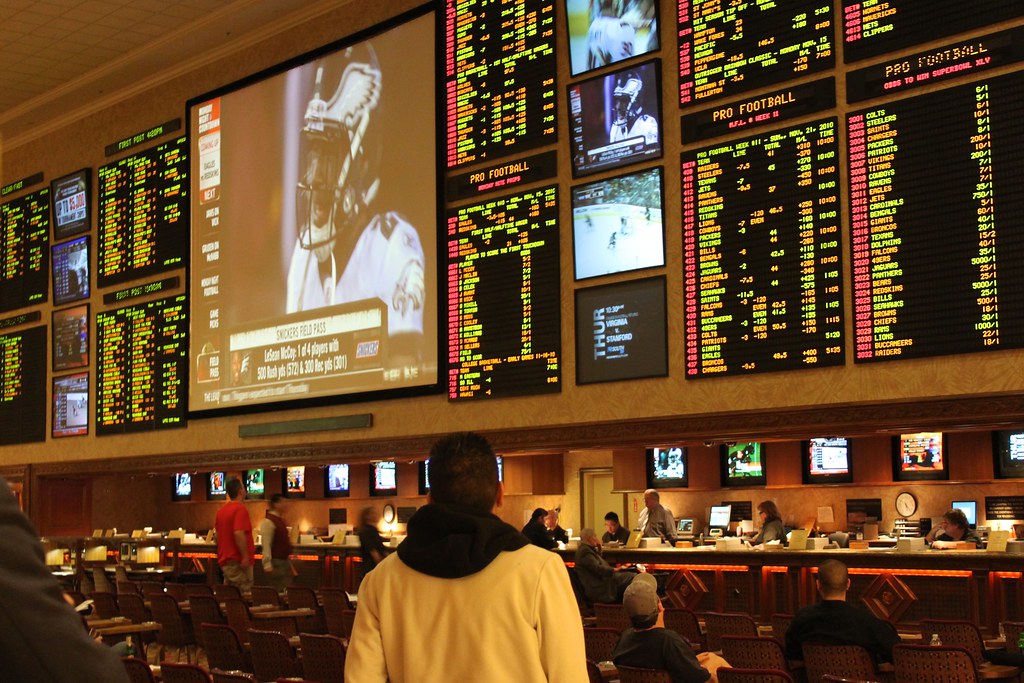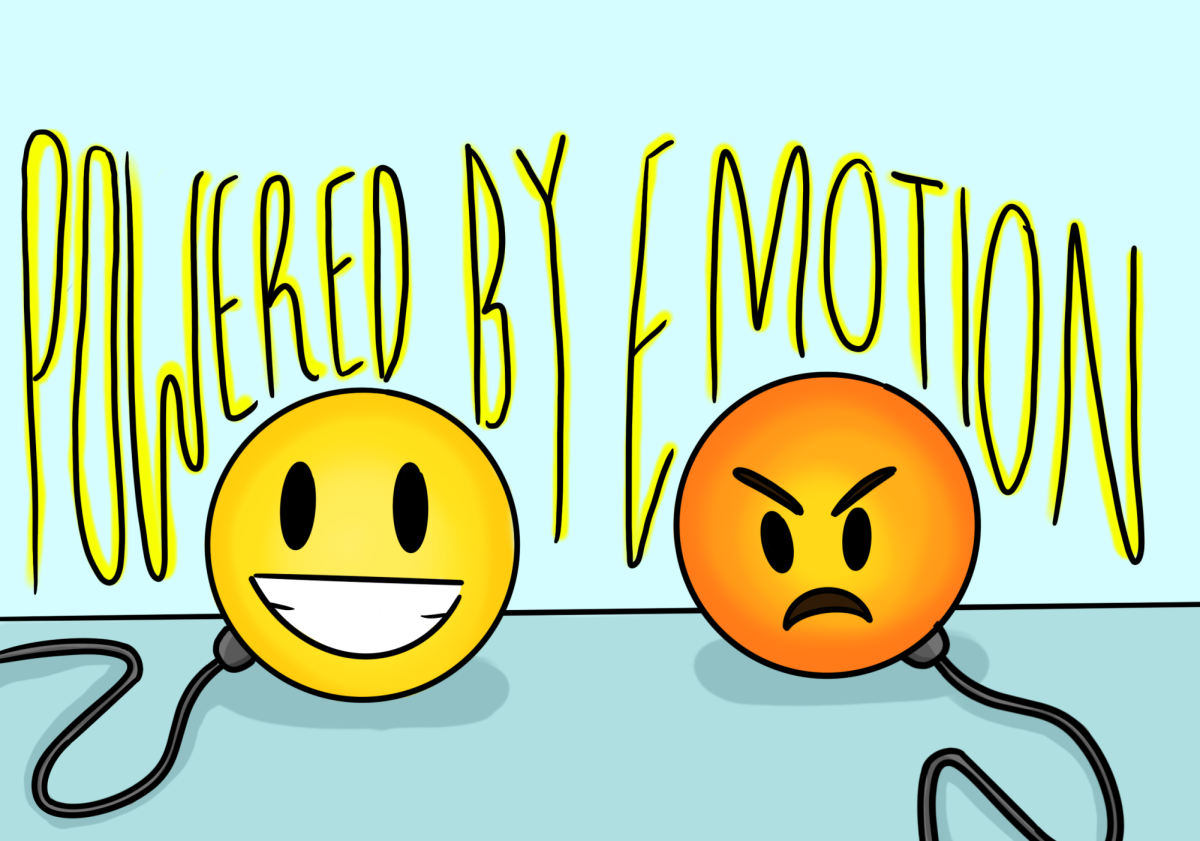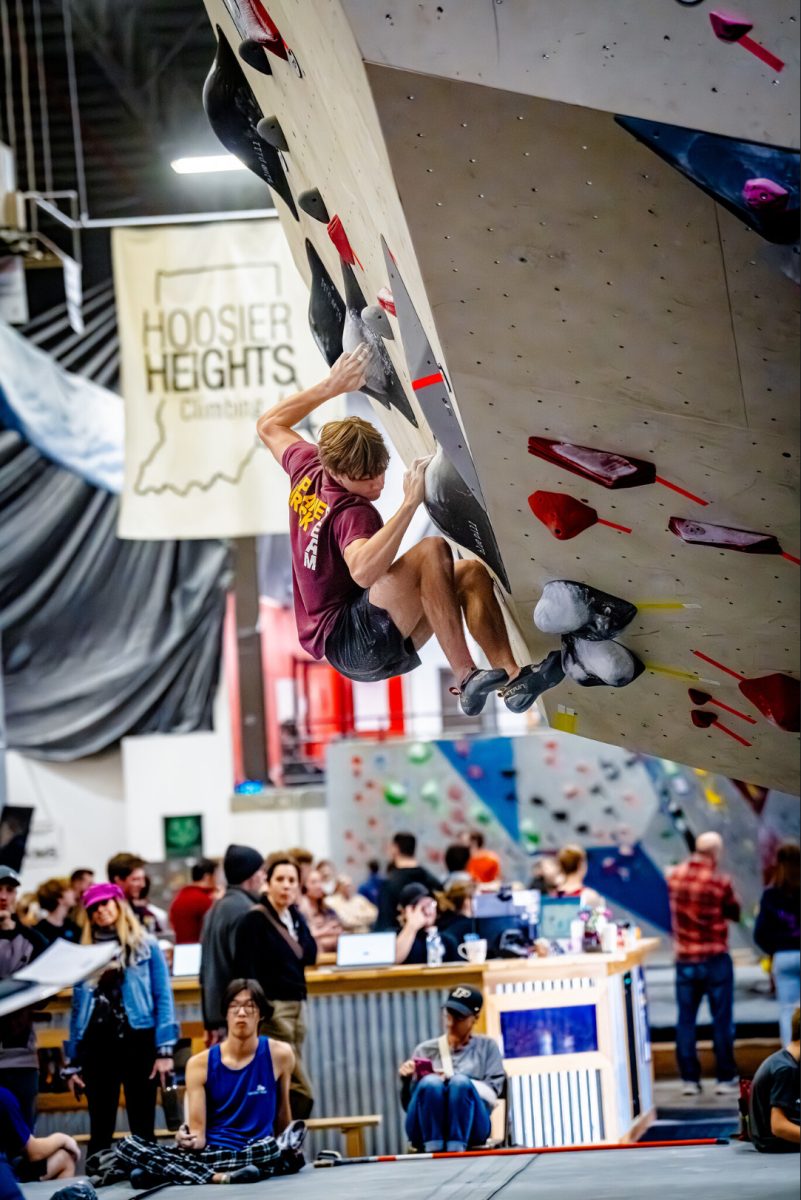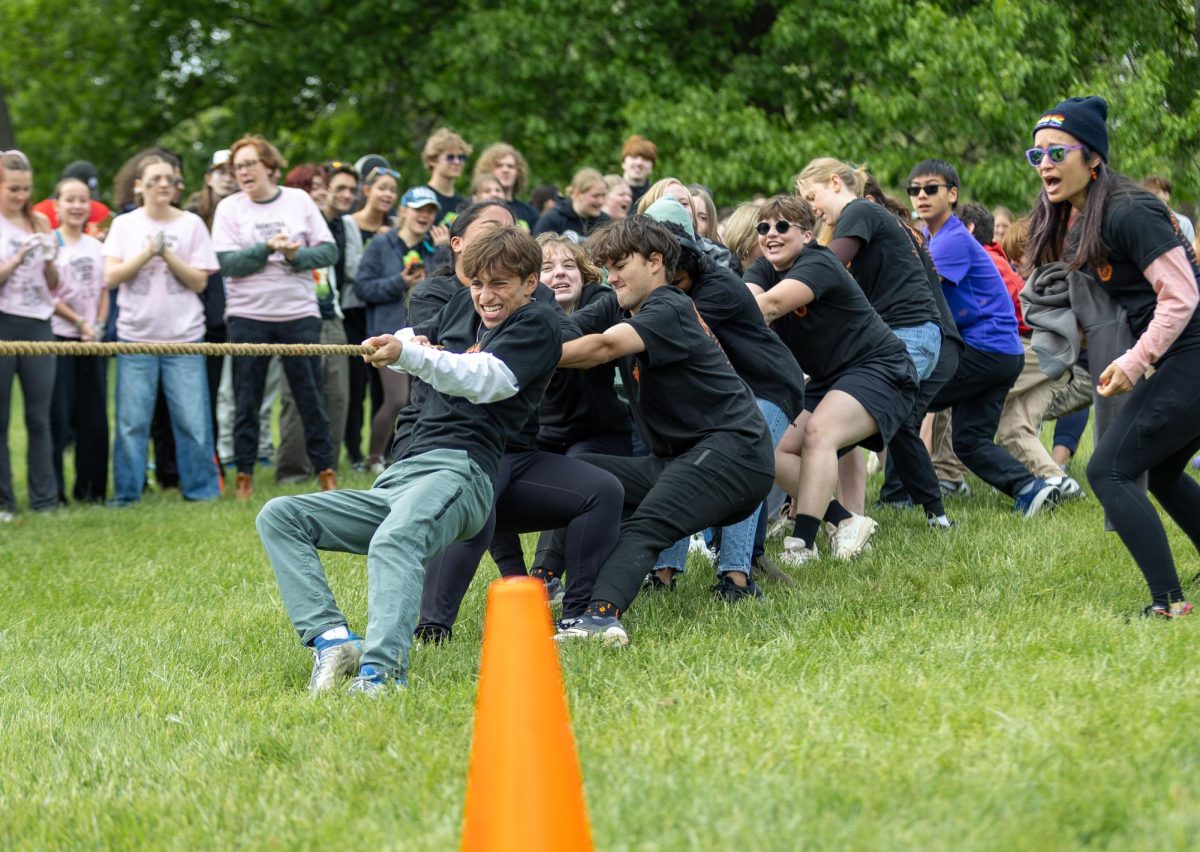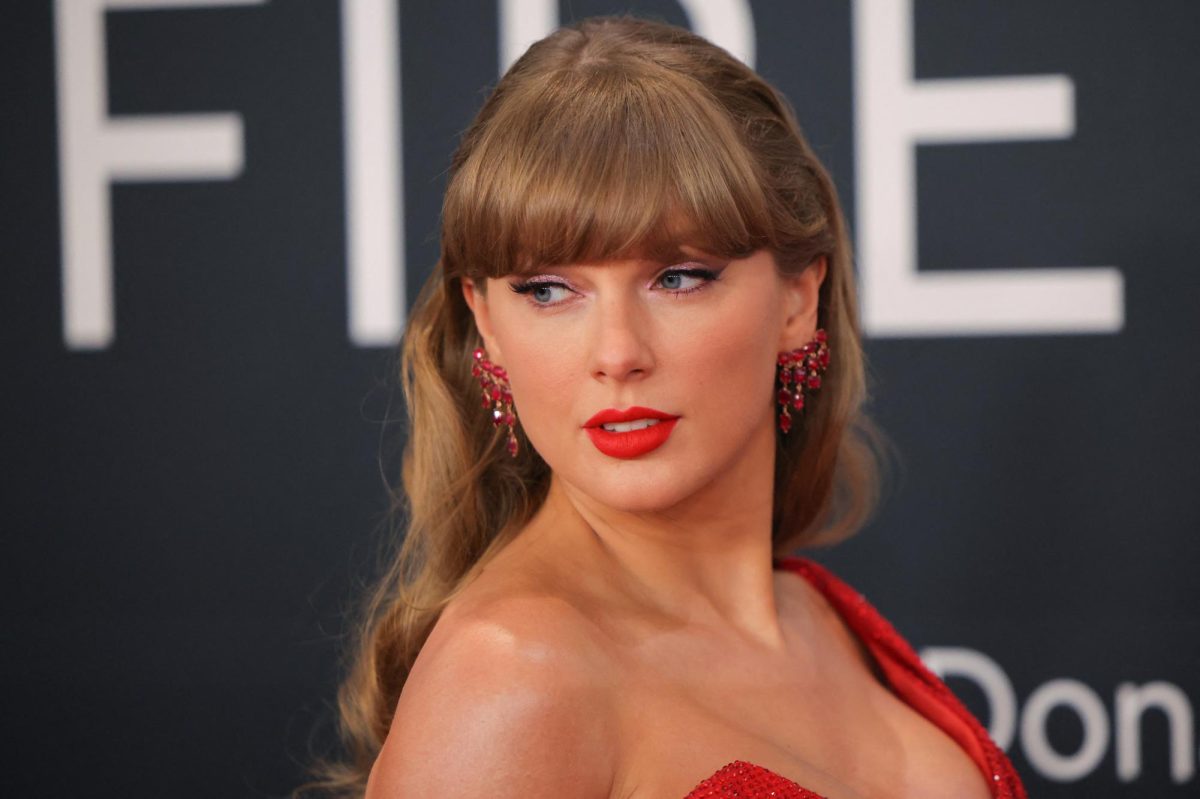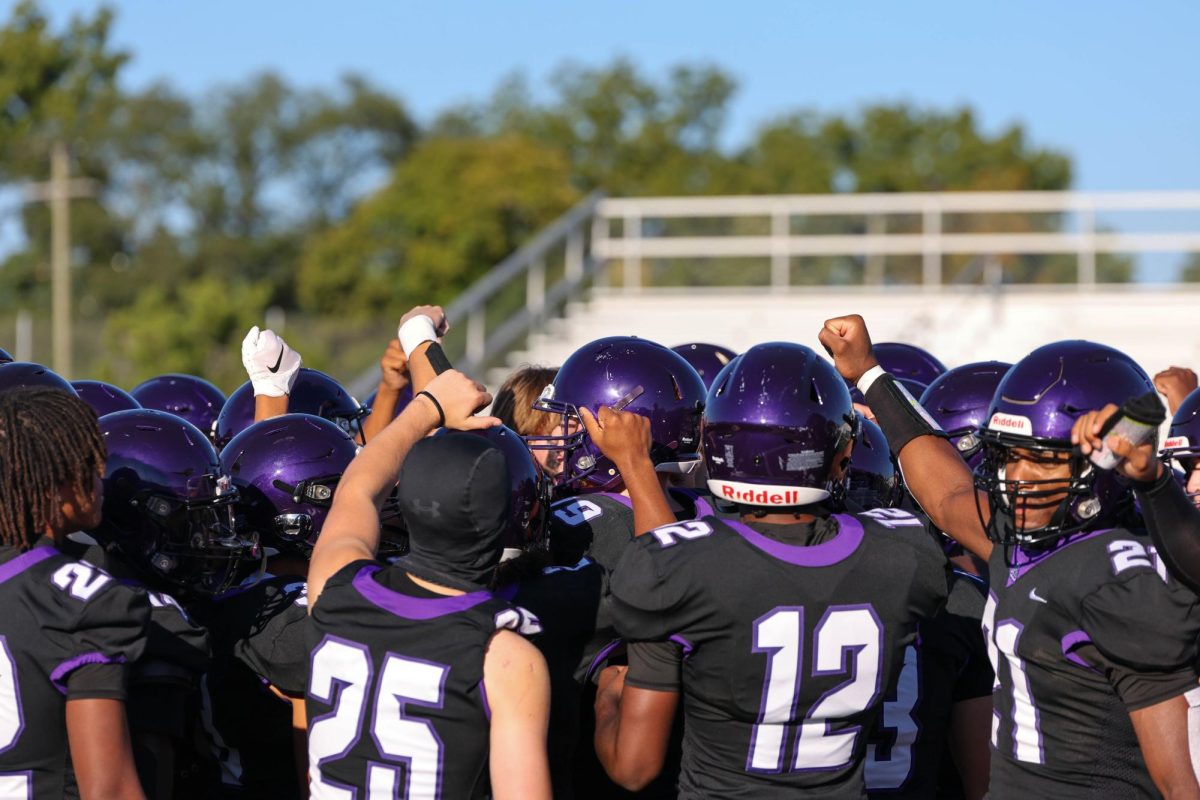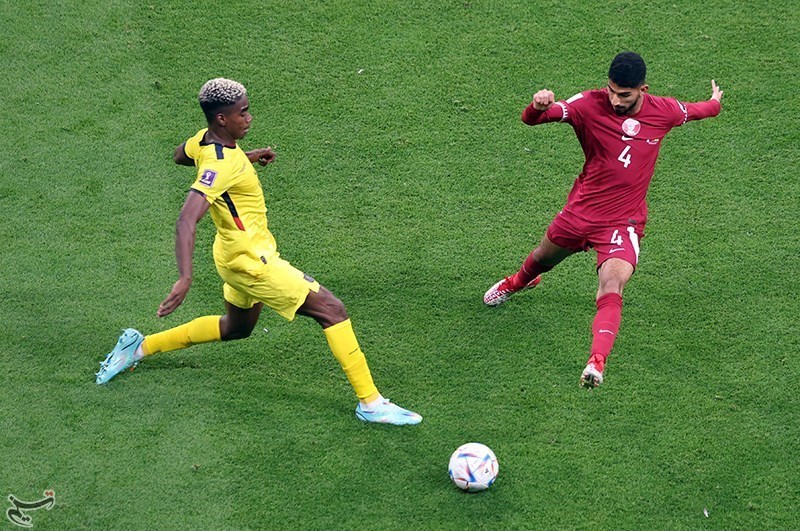Recent changes over the past few years in how sports gambling is regulated have impacted the landscape, triggered by the U.S. Supreme Court’s decision in 2018. This act gave states the power to decide the future of sports gambling and break free from the constraints of limited places such as Nevada and Atlantic City. This was soon followed by the explosion of online platforms that led to the growth of gambling in sports on a national scale.
As Scott Hirko, a sports management professor at Wayne State University, explained, “The Supreme Court’s ruling opened the gate for states to determine the legality of online gambling, thus leading to an explosion of gambling across the country. This transition has not only made it easier for sports betting but has also spurred debates on the effect of sports gambling on amateur and college sports.”
On one hand, the rapid spread of sports betting can lead to undesirable problems, including cheating and the undermining of fair competition. Conversely, the increase in sports betting has helped to promote the popularity of other sports. This popularity boom, however, has brought new financial difficulties.
“The core strength of sports lies in its integrity, where fair competition is essential,” Hirko said. “However, the monetary impact of gambling on sports has increased since its legalization”
The difficulty of maintaining fairness in sports gambling lies in preventing issues such as cheating or score manipulation which is a significant challenge. Government supervision is paramount, closely watching gambling sites. Taxation becomes another major obstacle.
“One challenge is preventing actions like ‘shaving points’ or manipulating the point spread, which is against federal law,” Hirko said. “The government must ensure that gaming sites operate without influencing the outcome of games. Taxation is another significant challenge, as gambling organizations may be subject to federal taxes on profits. States need to regulate and collect taxes to ensure accountability.”
The rules have tightened to ensure fair play in sports gambling by athletes. Athletes are not allowed to wager on their teams, and violations can lead to dismissal from the league.
“Various sports leagues provide financial advisors and therapists to help athletes with potential gambling problems,” Hirko said. “The laws at both state and federal levels emphasize the seriousness of manipulating game outcomes, and athletes can face legal consequences.”
The six-game suspension of Detroit Lions key receiver Jameson Williams reveals the possible dangers associated with athlete and sports gambling. The possibility that an athlete such as Williams could use insider information to manipulate his or her bets points to the danger to the integrity of the game. Though the details of his case are vague, Williams’ situation, among others, may warrant disciplinary actions from the league to ensure that the sport remains fair.
“It is concerning because athletes, like Jameson Williams, could potentially use inside information to influence their bets, impacting the integrity of the game,” Hirko said. “From the league’s perspective, disciplinary actions are necessary to protect the integrity of the game, even if the impact may vary depending on individual cases.”
To assess the behaviors of sports wagering among the young adult age group, the NCAA recently performed a survey on 18-22-year-olds. This finding showed that 58% of this age group has bet on at least one sporting event in the past few months. Sports wagering is popular in higher education campuses where over two-thirds of students living on campus are bettors. Moreover, 41% of bettors placed a bet on their school teams and 35% have used a student bookmaker.
The widespread engagement is largely influenced by advertising, with 63% of on-campus students reporting having seen betting advertisements. In the report, 58% of these students stated that they were more likely to bet after viewing such advertisements.
Yet, the survey also revealed obstacles, as 16% of the surveyed population reported performing at least one questionable gambling act. 6% said they had lost more than 500 dollars on a single day of sports betting, and 70% considered regular sports gambling would have increased their earnings.
As for the type of betting, 28% of this age group prefers mobile sports betting apps. Live in-game betting was the most sought-after type of betting when it came to the use of betting apps or visiting sportsbooks, as more people preferred it over traditional forms such as the money line or over/under.
Interestingly, state legality and age restrictions did not appear to be major hindrances; legal and illegal regions had nearly the same level of engagement. Gambling is widespread in the whole country with the Northeast at a large 61%, while the West has the fewest at 54%.
The NCAA noted this and has been actively partnering with leaders of the industry, mental health experts, law enforcement, and regulators. They are dedicated to surveilling, studying, and evaluating the sports wagering panorama to safeguard student-athlete integrity and minimize gambling damage.
“We have built strong relationships with industry experts in this space, and we are in constant communication about various issues, everything ranging from integrity monitoring to mental health resources,” said Clint Hangebrauck, managing director of enterprise risk management. “The world of sports wagering is vast and complex. The NCAA is diligently gathering data, reviewing processes and procedures, and creating initiatives to educate student-athletes and protect the integrity of college athletics.”
The ongoing change in sports betting laws all across the country, sparked by the U.S. Supreme Court, has led to the rapid rise of online betting markets. The increase in popularity raises challenges of fairness, cheating, and taxation. The NCAA survey sheds light upon large-scale sports betting among the young adult population which is why preventive measures should be taken in advance to protect student-athlete integrity. It is important that sports betting remains in balance, not only of its positive aspects but also the risks; vigilance, regulation and education are needed to prevent the negative shift in integrity.



